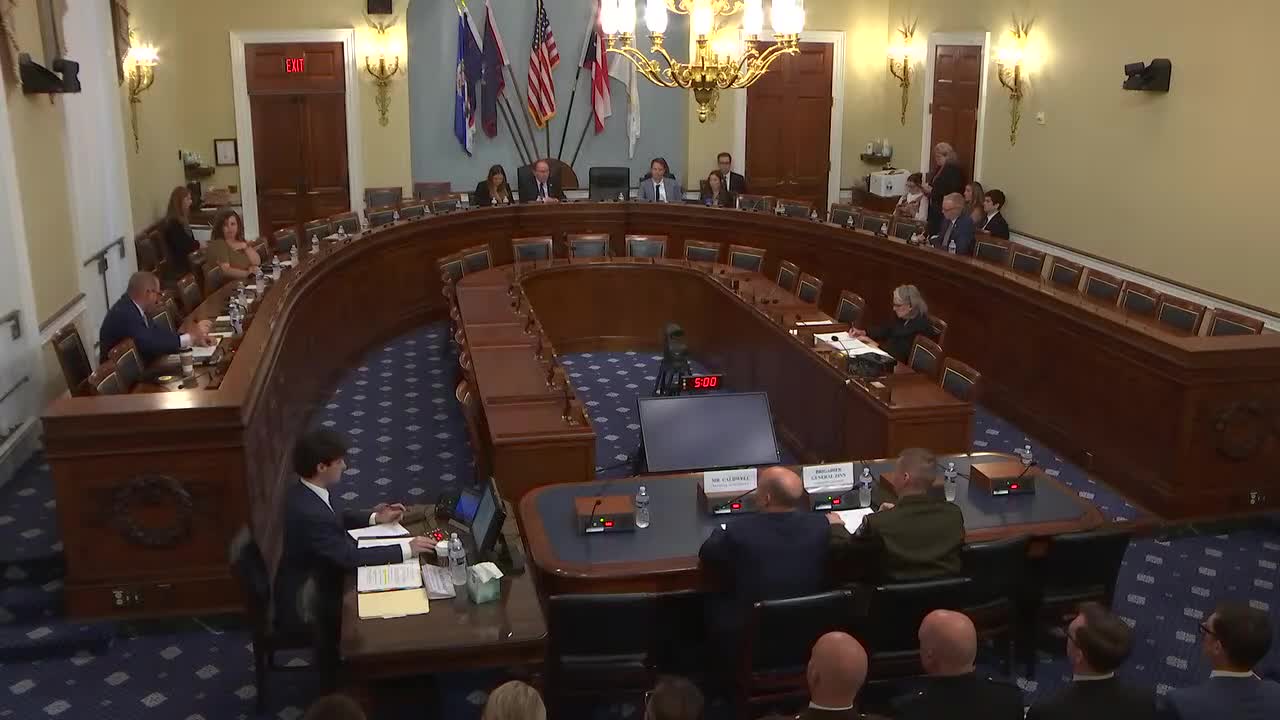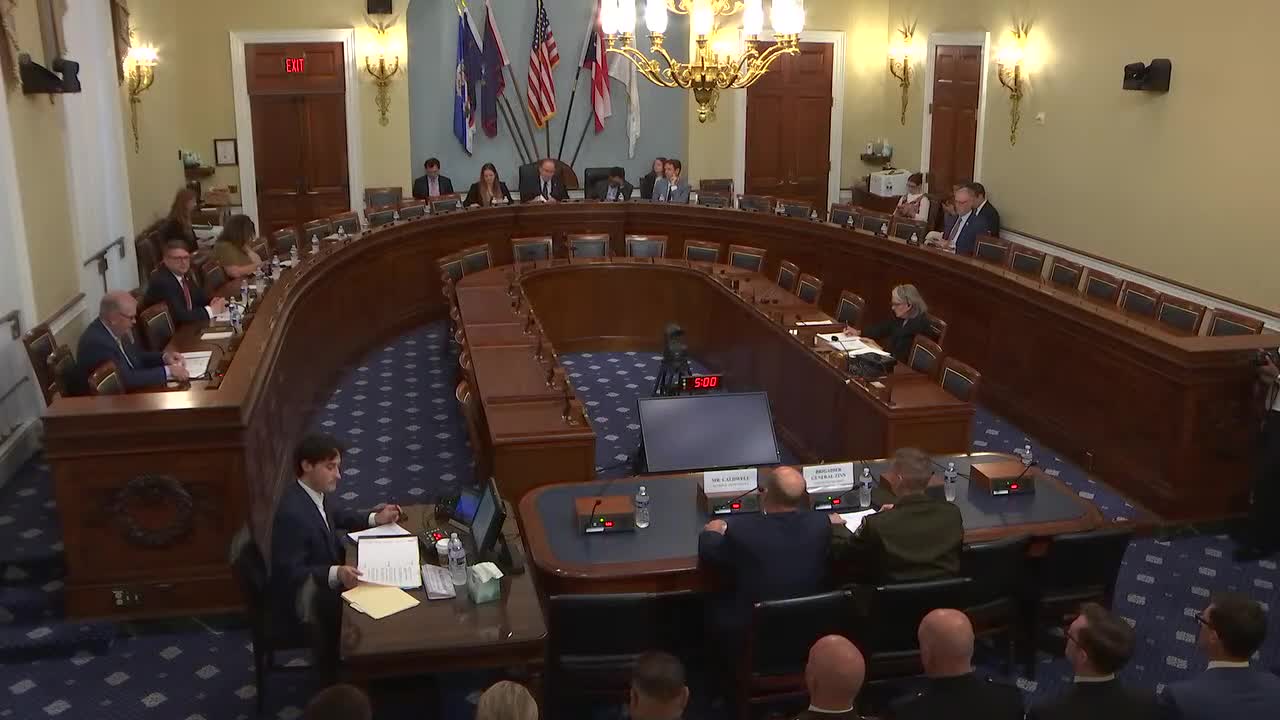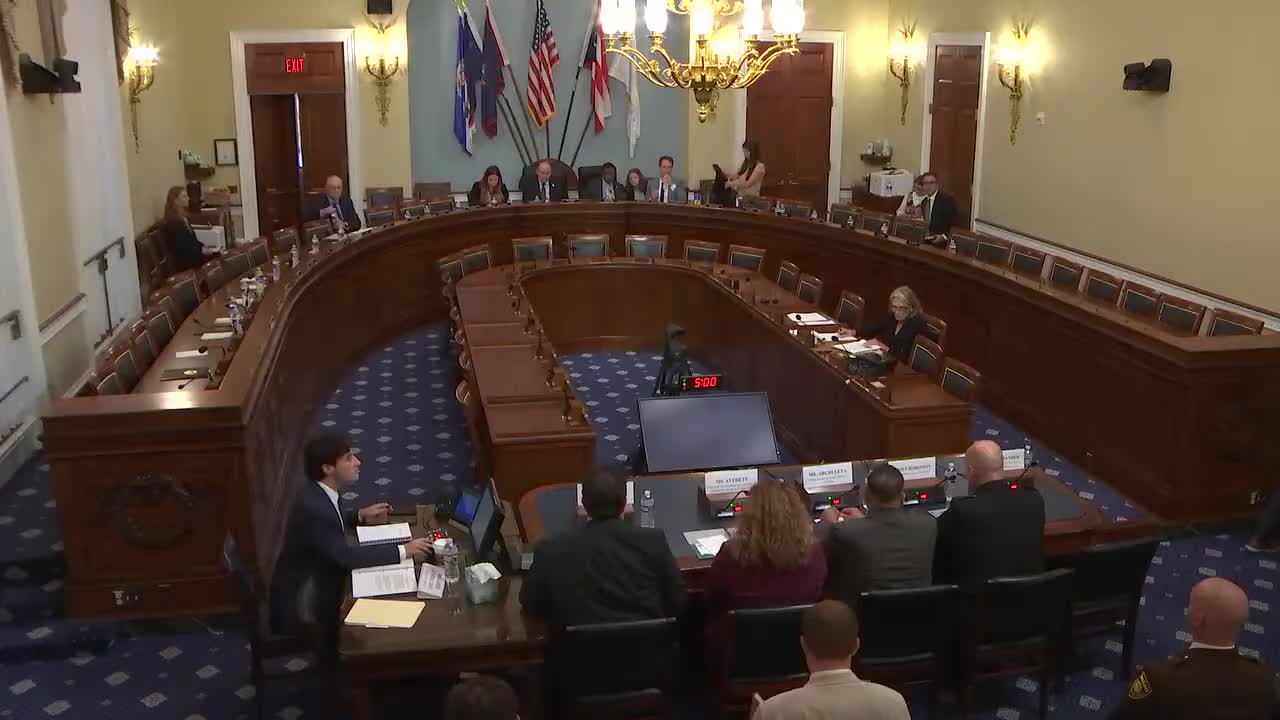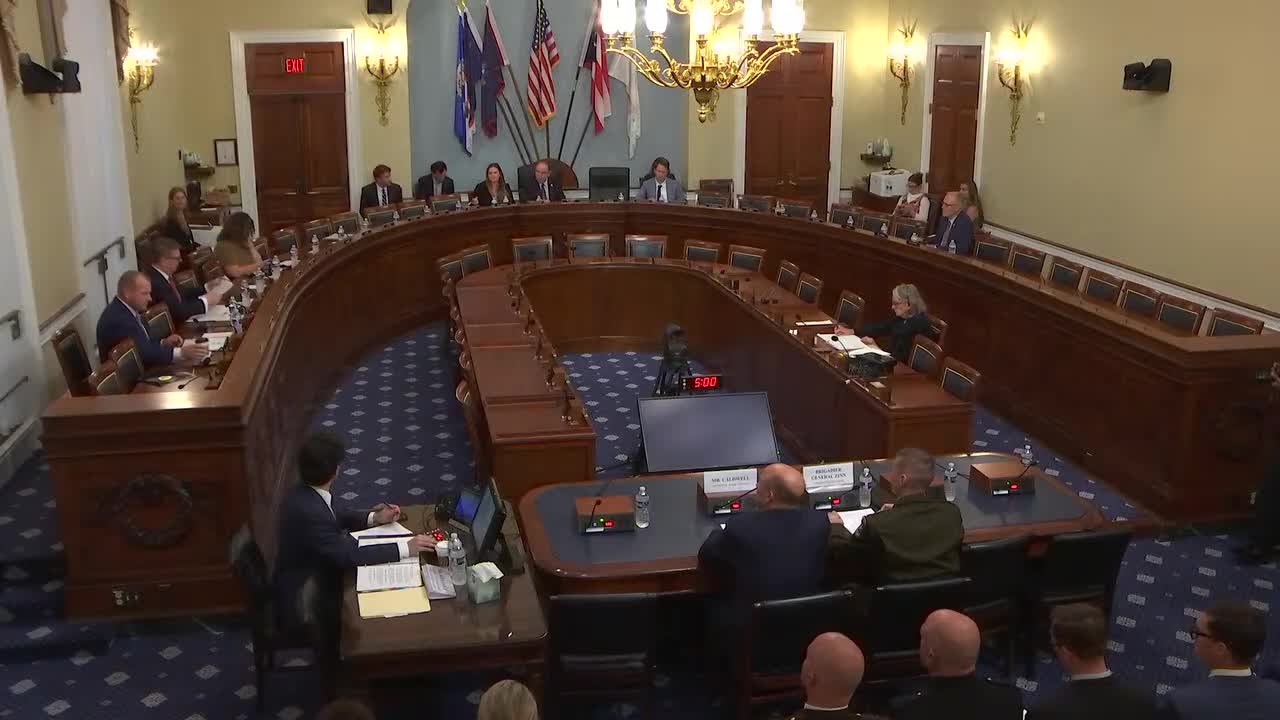Article not found
This article is no longer available. But don't worry—we've gathered other articles that discuss the same topic.

Panel considers federal grant program to fund National Law Enforcement Museum programs

Representative Fernández urges law change to return small community cemeteries on Forest Service land to local ownership

Lawmakers press National Park Service on reports it ordered removal of slavery photograph; NPS says implementation ongoing and will follow up

Subcommittee reviews bill to restore two‑motorcycle coverage on annual interagency passes

Subcommittee hears plan to transfer about 10 acres from Vicksburg National Military Park for new state‑partner visitor center

Subcommittee hears request to extend authorization for EMS memorial in D.C.

